Mommy, Where do Clichés Come From?
How unthinkable ideas jump through the Overton Window to change the course of history
What do Shakespearean one-liners, Newton's laws, and Nike's 'Just Do It' have in common?
They're not just familiar; they're iconic. They've transcended their origins to become part of our collective consciousness.
They’re a part of our Zeitgeist → A fragment of the Spirit of our Time
But have you ever stopped to wonder how these ideas went from being mere thoughts to universal truths?
What Makes a Cliché a Cliché?
Every groundbreaking idea has a birth story. And every cliché was once a revolutionary concept that shattered the status quo.
So, how do ideas make this transformative journey from obscurity to ubiquity?
🔑 What You'll Uncover:
1️⃣ The Anatomy of a Classic: What's the secret recipe that transforms a mere work into an unforgettable Classic?
2️⃣ Clichés Have Their First Time, Too!: Ever wonder how clichés lose their virginity? Discover the prom night of ideas and how they end up sticking around for generations.
3️⃣ The Overton Window: What's the invisible fence that keeps society's ideas in check? Learn how to push the boundaries and make your ideas the new norm.
4️⃣ Striving for Timelessness: In a world that chases the next big thing, how do you create something that stands the test of time?
Ready to dive deep into the anatomy of ideas that stand the test of time? Let's dissect what makes a Classic truly unforgettable.
The Anatomy of a Classic
"A classic is something that everybody wants to have read and nobody wants to read."
- Mark Twain
I used to agree with Mark, until I forced myself to read some Classics myself. And God knows I’m glad I did!
In our last edition, we delved into the Lindy Effect and explored the elements that make ideas and works timeless. Today, we're diving deeper into a concept I like to call "Classic-Worthiness."
What Makes a Work Classic-Worthy?
To withstand the test of time, a work needs to possess what I call “IT”.
Information Technology? Nope!
Intense Thoughtfulness.
Any artist worth their salt manages to capture the Spirit de Temps of their era, distilling complex ideas and emotions into vivid, unforgetable form.
Whether it's Machado de Assis giving you a VIP tour of 19th-century Rio or Victor Hugo teleporting you to the streets of Paris, these badasses are DENSE.
Their Signal-to-Noise Ratio?
Off the charts, baby!
The Dostoevsky Paradox
Now, let's talk Dostoevsky. The man's works are as light as a bag of bricks.
They're dark, they're intense, and sometimes they make you want to throw the book across the room.
But guess what?
The guy was an absolute freaking genius!
Take "The Brothers Karamazov," for instance. It's a rollercoaster, and not all of it is fun. But the subtext? Mind-blowing.

Each brother in the novel embodies a philosophical current of Dostoevsky's time:
Dmitri: The hot-headed empiricist.
Ivan: The cool, calculating skeptic.
Alyosha: The spiritual rockstar.
Dostoevsky explores the tension between faith, reason, and emotion, making his work a profound psychological study.
It's like watching a Twitter war between Wokies, Nimbys, and Criptobros, but with depth, nuance, and zero trolls… except for Smerdiakov, of course.
How Clichés Are Born
One phrase from this book has become so clichéd that it's lost much of its original impact:
"If God is dead, everything is permitted." - Dmitri Karamazov
This line has been echoed by thinkers like Nietzsche and even pops up in pop culture, as in Lana Del Rey's "Gods and Monsters."
So, how are clichés born?
Well, we’ll talk about what happens when Momma Cli and Pappa Ché watch the stars throught the windshield after Prom Night in the next section.
Every Cliché Was New Once
Every epic journey starts with a single step.
Just ask Romulus and Remus—two kids and a she-wolf, and look where Rome ended up.
Would we remember Rome if Augustus hadn’t transformed it from a city of bricks into a city of Marble?
The first time might be memorable, but the third time is a charm.
The Power of Attribution
We often attribute clichés to great minds, not because they coined them, but because they gave these phrases a sort of mystical aura.
Slap Marcus Aurelius' name next to any stoic-sounding motivational quote, and watch the likes roll in.
The Origin of "Cliché"
Ever wondered what "cliché" actually means?
It's French for "click," a sound from the printing era when a stereotype plate hit the cast. And no, "stereotype" here isn't what you're thinking; it's the metal plate engraved with the Meat and Potatoes (Ideas/Concepts).
Over time, both terms have drifted from their original meanings—much like clichés and stereotypes themselves.
Lost in Translation
It's easy to misattribute or misunderstand phrases as they pass through time and language.
For example:
"Let them eat cake"
Marie Antoinette never said this! (It was a common phrase used by French Aristocrats decades before here reign)
"Money is the root of all evil"
Is a truncated version of the original: "The love of money is the root of all evil." → Greed is the problem, not money itself
"Great minds think alike"
"Great minds think alike" is often cited in isolation, but the full phrase is "Great minds think alike, but fools seldom differ."
Smart people tend to disagree on PLENTY of things. That’s what makes them ‘smart’, after all: Their non-conformism and search for data to base their own conclusions on.
Translation: NPCs have the same ideas as everyone else.
I Never said THAT!
Like with the poor Marie Antoinete, did you know there are plenty of phrases that were never actually said in Fiction as well?
"Beam me up, Scotty" never appeared in Star Trek.
"Play it again, Sam" is a Casablanca myth.
"Luke, I am your father" is a misquote; the line is actually "No, I am your father."
Sherlock Holmes never said, "Elementary, my dear Watson," in any of Doyle's original works.
Got any more? Drop them in the comments!
Ideas are Immortal
You can kill the messenger, but a potent idea? That's indestructible. These ideas don't just survive; they shape the norms of tomorrow by opening the…
Overton Window & The Birth of New Norms
Remember how Richard Feynman wasn’t afraid of thinking the unthinkable? To him, a spinning plate could be interesting enough to spark a Nobel-Winning discovery.
But what’s the measuring stick between what is (or isn’t) “Thinkable”?
The Overton Window:
The Overton Window is a model for understanding how ideas in society change over time and influence politics, developed by Joseph P. Overton in the mid-1990s.
This framework can also be used to discuss historical shifts in knowledge, societal manners, technology, and even… pop culture.
From Unthinkable to Cliché
Some notions that are clichés today were once revolutionary ideas that shifted the course of history.
Let’s start with the most important of them all. The first… or, better yet… idea number:
ZERO
You're probably thinking, "Zero? Really, Gabe? Even little kids know about 0.”
But hear me out.
This seemingly simple concept took millennia for Indian mathematicians to develop. It's no coincidence we still use Indo-Arabic (not Roman or Persian) numerals today.
Thank God! Can you imagine dividing MMDCCLXXIV by XCIII?
The Sun and Moon
You must think I’m out of my mind again. But I promise I’m not crazy…
Yet.
Feynman was fascinated by the Mayans, not because they built pyramids, but because they could predict lunar eclipses centuries in advance—without even knowing what the moon was!
Free Market Economy
I won't dive into my personal views here (they're way outside the Overton Window), but let's just say the free market wasn't always the go-to economic model. It only gained traction in the 20th century.
The Theory of Relativity
If Einstein hadn't been a bit "out there," we wouldn't have:
GPS: The theory of relativity accounts for the precise timing of satellite signals.
Lasers: No CDs or laser eye surgery without the concept of stimulated emission.
Nuclear Power: E=mc² isn't just a cool equation; it's the foundation of nuclear energy. And no, nuclear isn't inherently "bad.". Fuck off, Greta!
Today's Insanity is Tomorrow's Norm
These ideas and concepts were once considered insane. That’s the thing with being “cutting edge”.
The Overton Window is society's comfort zone, and as the saying goes, "No growth happens inside the comfort zone."
So, don't be afraid to crack a few eggs if you are…
Striving for Timelessness
"Timeless wisdom is always relevant." - Confucius
The Pitfall of Trendiness
Want to know the quickest route to obscurity? Chase trends:
Follow the hottest #
Do whatever is the talk of the town.
Visit the latest "Insta-worthy" hotspots.
Shoeshine Boy Indicator
Remember Joe Kennedy, JFK's dad?
He knew it was time to sell his stocks before the 1929 crash when his shoeshine boy started offering stock tips.
He not only sold everything but also shorted the market, turning him into a multimillionaire.
The Paradox of Timelessness
Here's the kicker: You can't aim to be timeless. You have to be genuinely remarkable. So remarkable that you might just end up becoming a cliché one day. But don't set out to be a cliché; that's a one-way ticket to becoming a mere imitation of greatness.
If Dostoevsky had aimed to write a bestseller for his time, we wouldn't have his masterpieces today.
Shifting the Goalposts
Sometimes the world isn't ready for our brilliance. We have to force the world to change its standards. Henry Ford put it best:
Your Path to Timelessness
Want to discover your own "faster horse"? Here's how:
Do Epic Stuff: Explore the world, ideas, flavors, colors. Be insatiably curious.
Create Relentlessly: Write, speak, record—whatever your creative outlet is, do it often and mix it up. The more you create, the closer you'll get to your own masterpiece.

What’s you David desperate to be set free?
⚠️Time to GO, GO, GO!
You've delved deep into the anatomy of classics, the birth and evolution of clichés, and the shifting sands of the Overton Window. Now it's your turn to make your mark!
🔥 Your Challenge: Identify a cliché that resonates with you but has lost its original meaning. Can you breathe new life into it?
What's a unique trait or skill you possess that could shift the Overton Window?
👇 Drop your thoughts in the comments:
What cliché resonates with you, and how would you redefine it?
What unique trait or skill do you have that could become your legacy?
Take these insights and run with them. Your unique spin could be the catalyst someone else needs to challenge norms and embrace their own potential for timelessness.
Conclusion
Wow, what a journey we've been on today! Let's recap some of the key insights:
The Anatomy of a Classic:
In a world saturated with fleeting trends, classics stand the test of time because they capture the essence of an era while remaining universally relevant. They're not just dense; they're rich in meaning and low on fluff.
Clichés Were Once Original:
Every cliché started as a groundbreaking idea. They've only become clichés because they were so good that they got overused. The goal isn't to become a cliché but to be so impactful that you could become one.
Shifting the Overton Window:
Don't just aim to fit into the current narrative. Strive to shift the Overton Window with your unique ideas and perspectives. Your audacity to think differently could be what turns today's 'crazy' into tomorrow's 'common sense.'
Striving for Timelessness:
In a world obsessed with the 'trending,' aim for the timeless. Your unique traits and skills are not just your ticket to standing out; they're your ticket to leaving a lasting impact.
🔜 Coming Up Next: Brace yourself for an exploration into one of the most insidious barriers to success. "Imposter Syndrome: The Silent Killer of Success" will be landing in your inbox next week. Trust me, you won't want to miss this!
Join me on the Road Trips through my Rock n’ Road Journey:
🚀 Boost your productivity with my FREE course on mastering Chat GPT & AI Tools
🎧 Listen to the Rock n' Road to Success on Spotify:
🐦 Connect with me on X/Twitter!
👕 Grab some cool merch from my store
📹 Check Out Rock n’ Road to Success on Youtube!
Medium: For Mindblowing Articles
Pros 🇧🇷
🎧 Ouça à Parada de Sucesso no Spotify:
📹 YouTube
💪Autodesenvolvimento sem Enrolação no Anticoach
And that's it for this week's edition of "Rock n’ Road to Success"! Until next time, keep rocking and rolling towards your dreams! 🤘







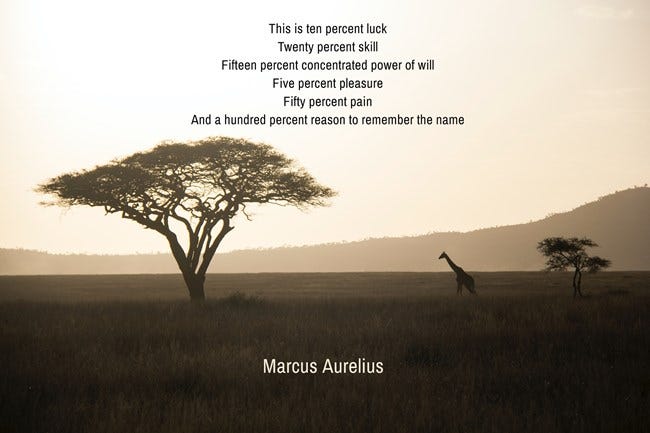
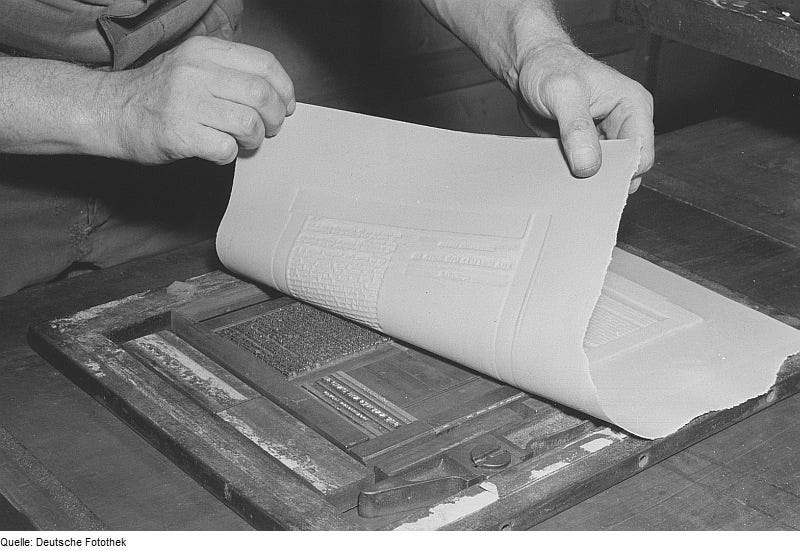
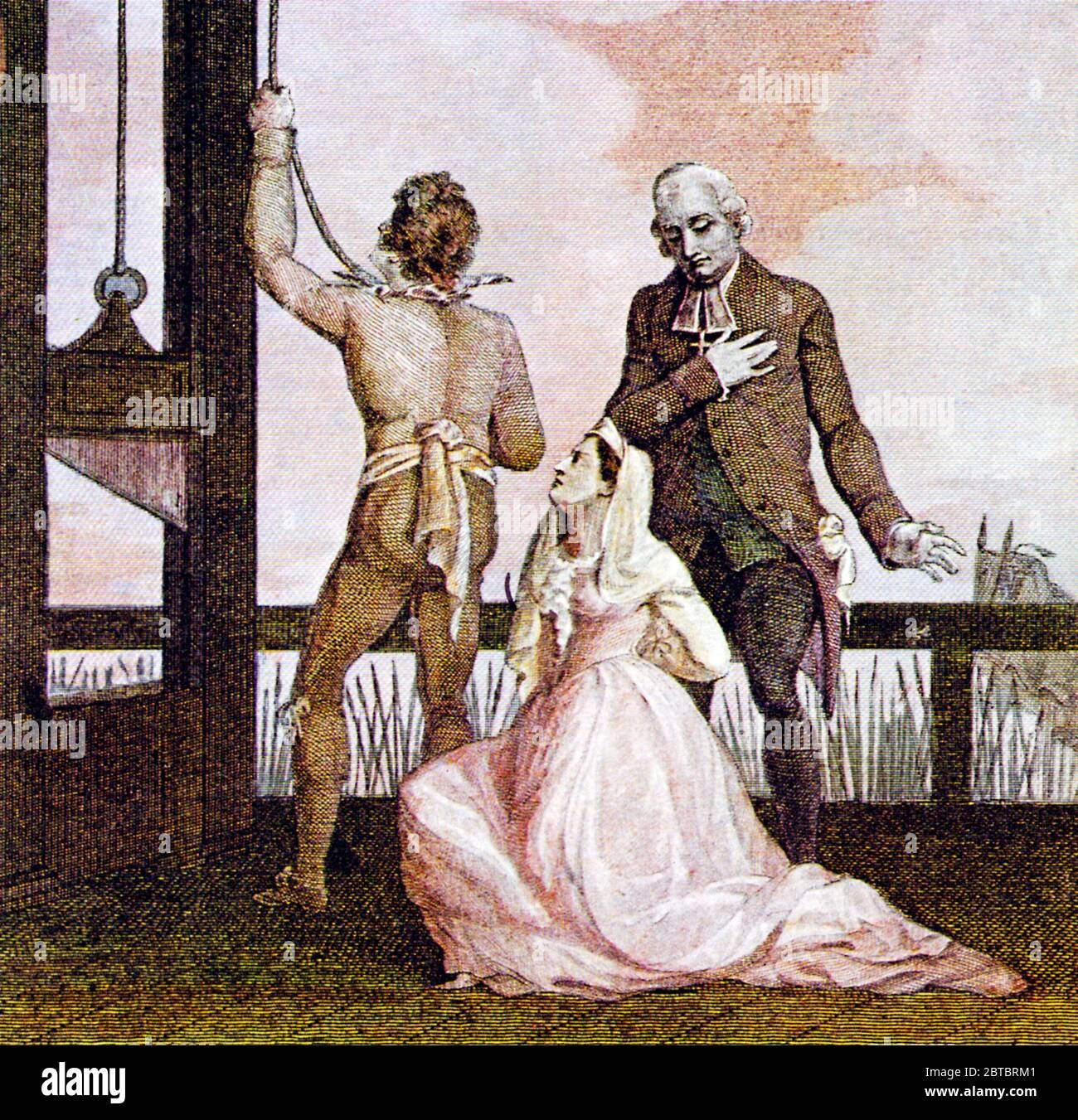


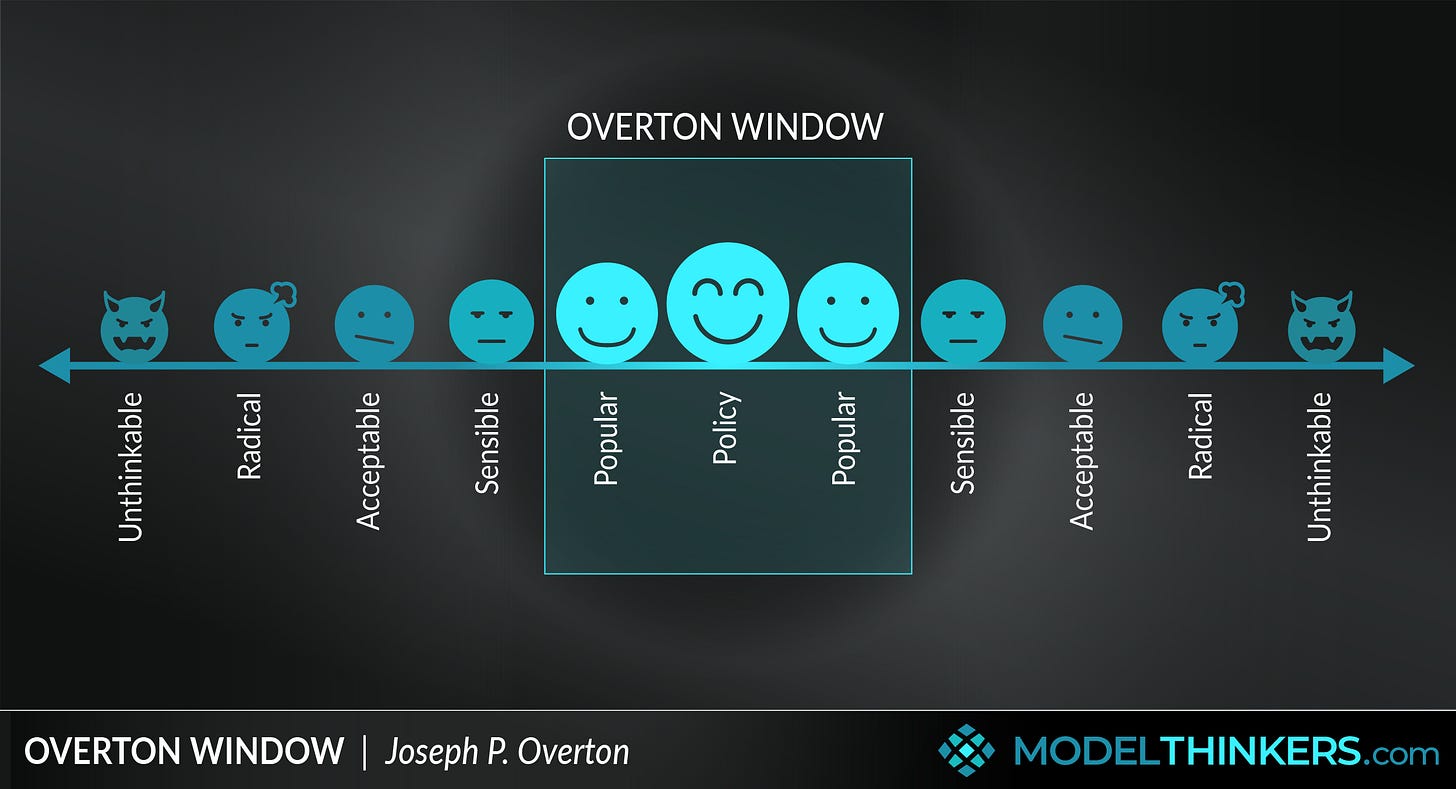
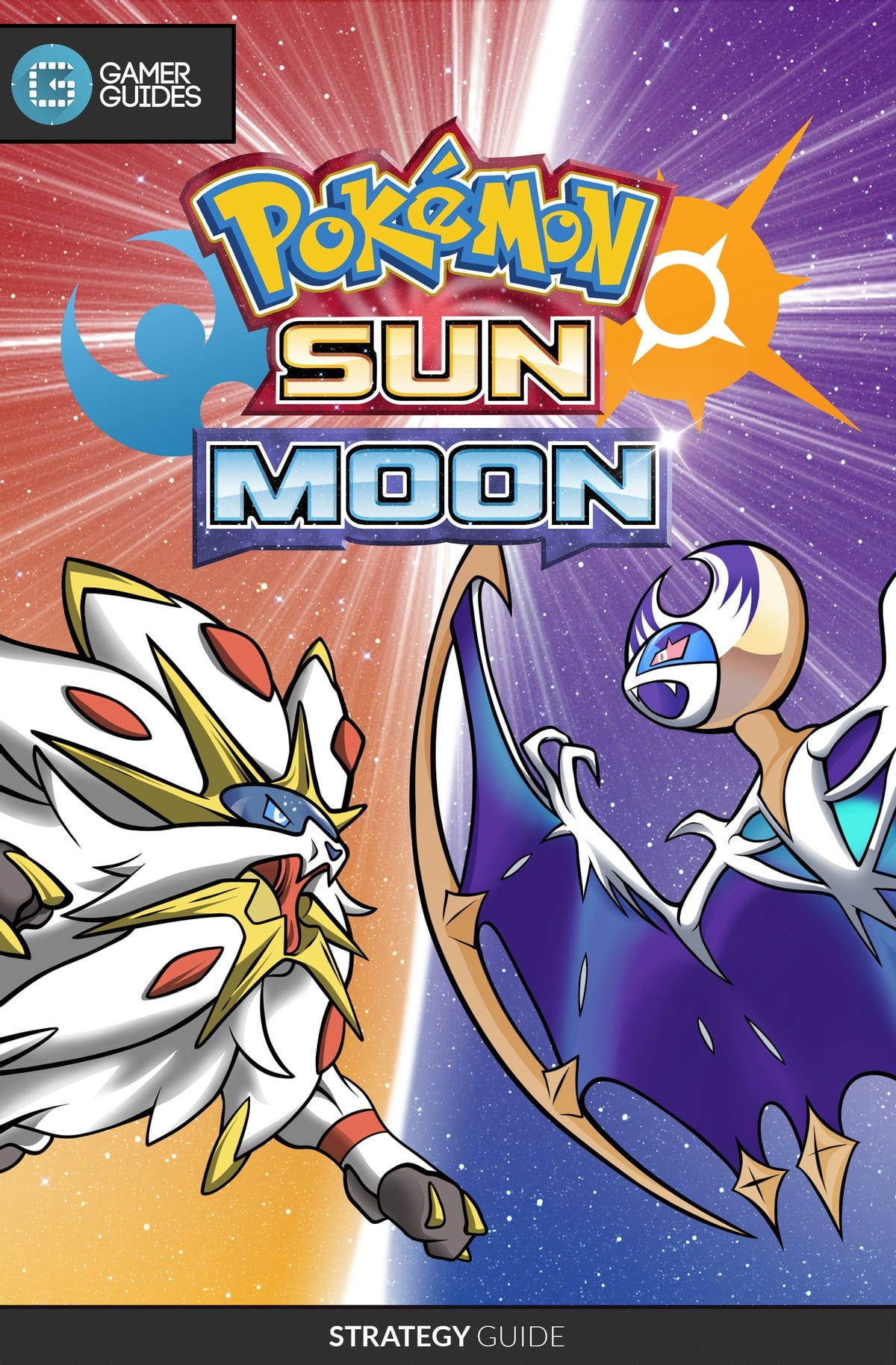

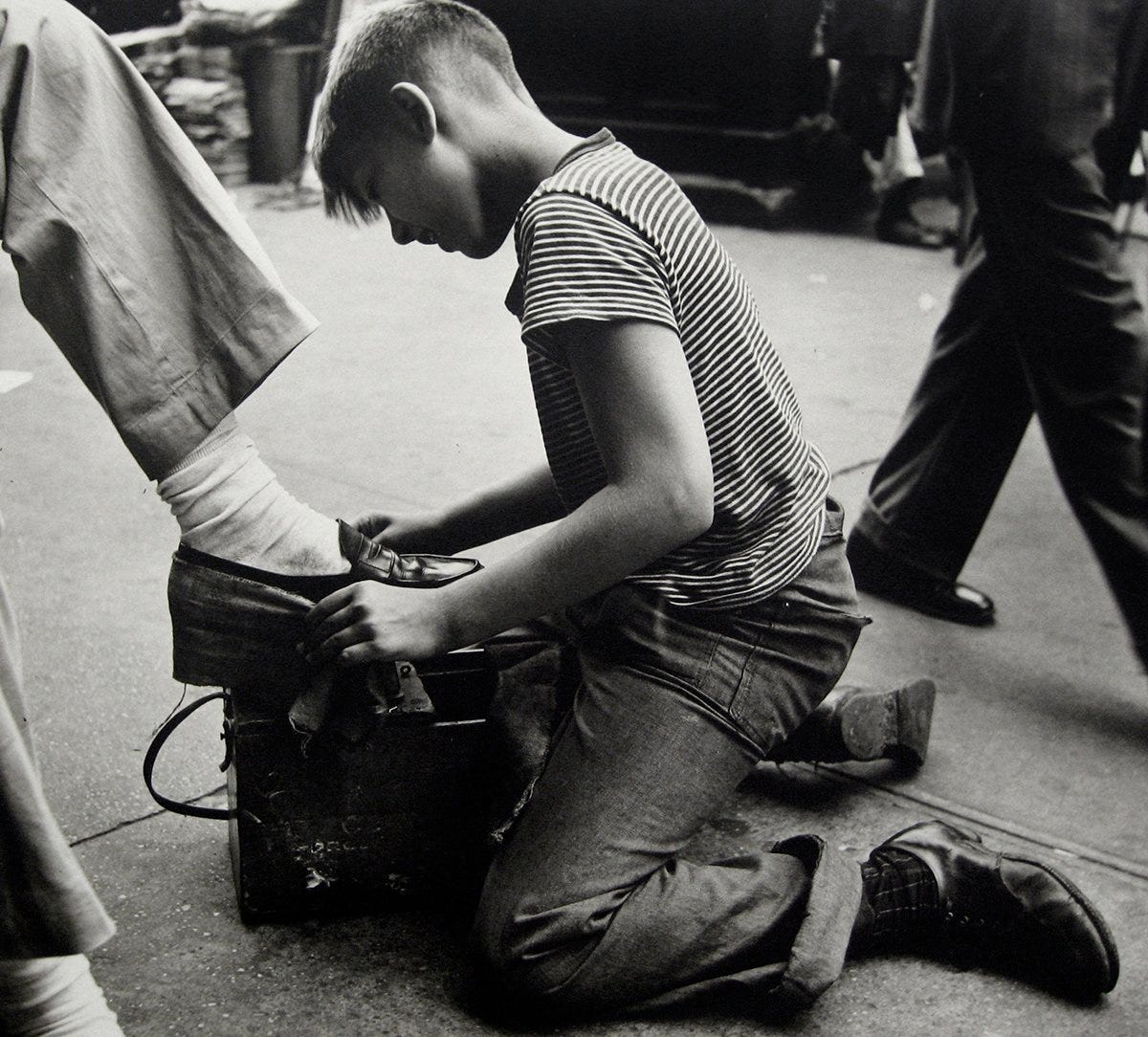
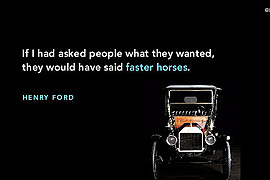
Fab newsletter, first of all 'mommy, where to cliches come from?' Is a great title
'intense thoughtfulness' is a concept I have not considered before
Is that an actual quote by Marcus Aurelius? Because this is a lyric in a song?
I would love to hear your future musings on why Nuclear Isn't all bad
And the nuance around the love of money is the root of all evil.
Fab article, food for thought.
Thanks Gabe
Fab newsletter, first of all 'mommy, where to cliches come from?' Is a great title
'intense thoughtfulness' is a concept I have not considered before
Is that an actual quote by Marcus Aurelius? Because this is a lyric in a song?
I would love to hear your future musings on why Nuclear Isn't all bad
And the nuance around the love of money is the root of all evil.
Fab article, food for thought.
Thanks Gabe